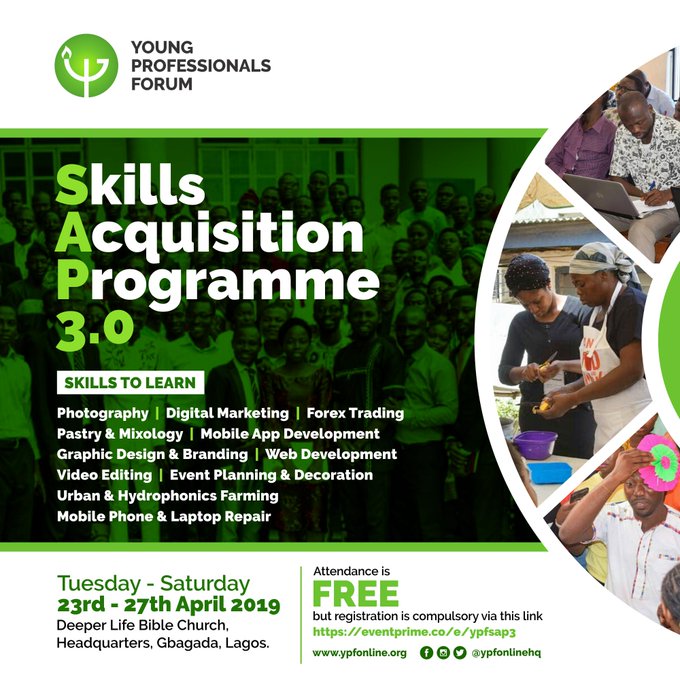Culture as primarily defined in most literatures embodies the generality of the life style of a group of people; encompassing their values norms and practices. There are cultural practices which have been deemed harmful to human development and societal progress, given the evolution of society and technological advancement. One of such cultural practice is the scourge of Female Genital Mutilation (FGM); this practice has been in the waters of health and social debate. Female genital mutilation (FGM) is referred to as procedures that entail the total or partial removal of the external female genitalia.
Given the dangers associated with this practice, collaborative efforts of government and Non-Governmental Organizations (NGOs) have been geared towards a campaign against this practice. However, this crude cultural value/norm continues unabated in some areas in Nigeria. Amassoma, a community in Bayelsa State located in the oil rich Niger Delta region is one of such places where the practice has not been totally expunged. What makes the case of Amassoma worrisome is the fact that the community is undergoing rapid urbanization, thanks to the establishment of a University. This urbanization process has not impacted expectedly on changing this aspect of culture. In January 2012, a mother of three, Mrs. Patience Youngbo on arrival from a trip in the United Kingdom was informed of the predicament of her two daughters who travelled from Lagos, the commercial capital of Nigeria to Amassoma, their ancestral home town to spend the Christmas holiday with extended relatives. The story of the girls Patricia(17) and Joy(15) Youngbo who were victims of forced FGM sparked media outrage as the younger of the two sisters; Joy died as a result of complications from the FGM session (incessant haemorrhage). Patricia sensing that the fate of her younger sister will befall her fled home in fear.
FGM is still a common practice in Amassoma, having high records during annual feasting festival. Girls, mostly between the ages of 5-18 including pregnant ladies are brought before a traditional surgeon for the procedure. This practice is said to have spiritual implications, as a child born by an uncircumcised woman is deemed unclean. Girls who are to be circumcised are either lured into it or out rightly forced as in the case of the Youngbo sisters.
Also, the experience of another victim of FGM, Ms. Ebi Tariowei a 23 year old Amassoma indigene and an undergraduate student of Niger Delta University, Amassoma, Wilberforce Island, in narrating her ordeal stated that she was circumcised in the year 2014 at 19years old. She described how painful the incision was; as it was clear no sedatives were administered on her. On questions bordering on her sex life, she was unashamed in her response, talking with little mutters of laughter on how she doesn’t enjoy having sex and most time feel reluctant in engaging in sexual intercourse. Ebi’s story highlights the negative impact of FGM on the human anatomy.
Ironically, Amassoma has a very high literacy rate in Bayelsa State, with a good proportion of educated and powerful societal influencers in families such as the Ambaowei, Efeke, Alamieyeseigha, Ogugu families among others. The seeming silence of influential families in campaigning against FGM to stop its practice goes to show how this cultural practice is still upheld and endearing to the community. Very worrisome in this cultural practice is the collusion of extended family members in this practice which is harmful to the health of the girl child (victim) in spite of the existence of a law enacted by the Bayelsa State House of Assembly proscribing FGM. The law appears to exist only on paper as little or no effort is made at punishing violators (practitioners) who jeopardize the health of women in the name of “harmful cultural practices”.
The question that comes to mind is: why force or lure a person, most especially children to engage in a practice that has a high health risk probability? Can a girl child be raised in such an environment with the fear of FGM as a cultural practice?
- EBI KEMES



